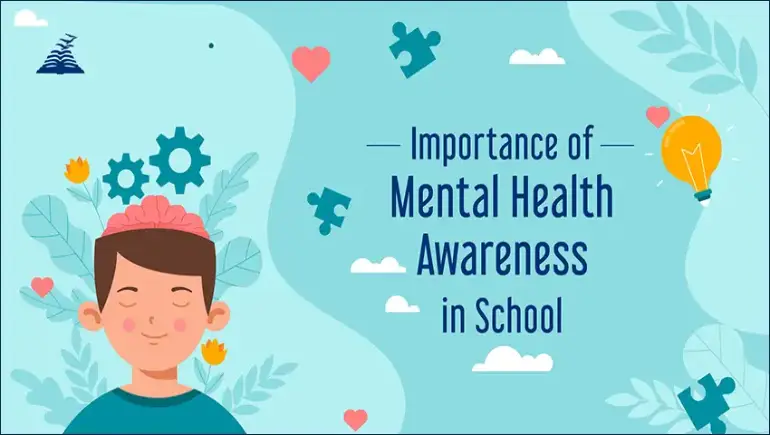
In today’s fast-paced and high-pressure world, the conversation around mental health is becoming increasingly vital, especially in the lives of young people. That’s why mental health education in schools is no longer a luxury or optional supplement; it's a necessity. Just as students are taught physical health, math, science, and literature, they should also be equipped with tools to understand, manage, and care for their mental well-being.
Mental health affects how students think, feel, and behave. It influences how they handle stress, relate to others, and make decisions. Unfortunately, many young people face emotional challenges such as anxiety, depression, bullying, and self-esteem issues without proper guidance or support. When schools provide structured mental health education, they help break the stigma, promote early intervention, and teach students how to seek help when needed.
Studies show that mental health conditions often begin before age 14. Without education and awareness, early warning signs may be overlooked or misunderstood. Implementing mental health education programs in schools enables teachers and peers to identify red flags, support struggling students, and connect them with appropriate resources. Early support can prevent more severe issues in adulthood and improve long-term academic and social outcomes.
Mental health education empowers students with critical life skills, such as stress management, conflict resolution, empathy, and self-awareness. These abilities not only enhance personal well-being but also improve relationships and classroom dynamics. A student who understands their emotions and how to regulate them is more likely to succeed academically and socially.
One of the greatest barriers to seeking help for mental health is stigma. When schools incorporate mental health awareness into the curriculum, they normalize conversations around emotions and mental wellness. This helps students realize that seeking support is a sign of strength—not weakness—and fosters a culture of openness and understanding.
Teachers and staff play a crucial role in supporting students’ mental health. With proper training, educators can become frontline advocates, offering immediate emotional support and guiding students toward professional help when needed. Integrating mental health training in teacher development programs ensures a more inclusive, safe, and supportive school environment.
For mental health education to be truly effective, it must be comprehensive, age-appropriate, and continuous. Schools should partner with mental health professionals to develop evidence-based programs that address the unique needs of each age group. Additionally, involving parents and caregivers in the conversation can create a unified approach to student well-being.
Mental health education in schools is not just about preventing problems—it’s about building a foundation for emotional intelligence, resilience, and healthy development. As we prioritize mental wellness in educational settings, we pave the way for a generation that is more empathetic, self-aware, and prepared to face life’s challenges.



-112x63.27.webp)




-132x74.57.webp)



Comments
There are no comments for this Article.